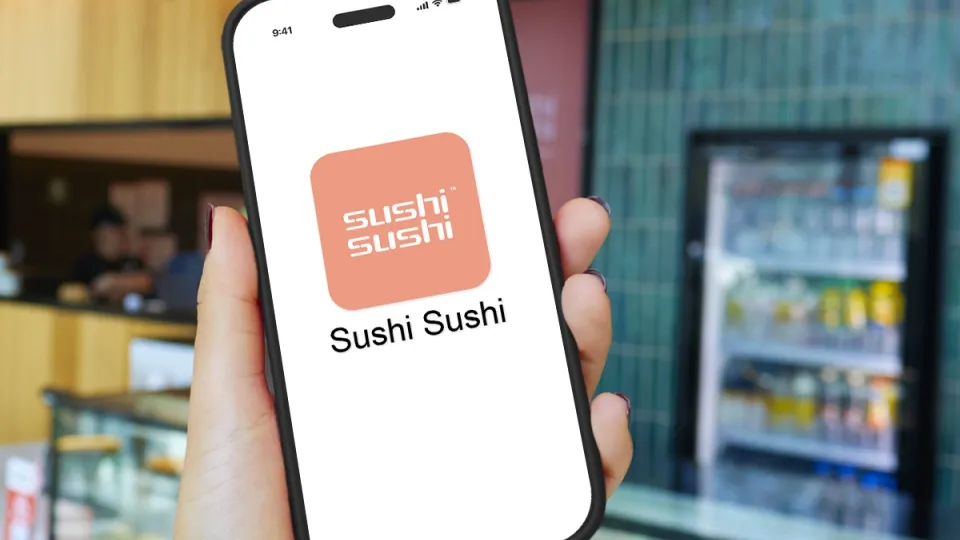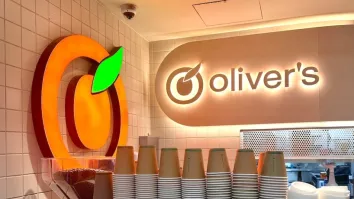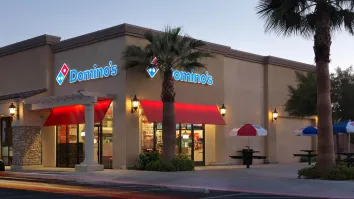Transforming the Quick Service Restaurant Industry through Data & Analytics
By Paul SharpeData and analytics now play a pivotal role in helping QSR chains design menus.
The Quick Service Restaurant industry has long been known for its fast-paced, customer-centric approach to food service. However, in recent years, the industry has undergone a significant transformation, thanks to the integration of data and analytics into its operations.
This digital revolution has allowed QSR chains to streamline their processes, enhance customer experiences, and drive business growth. In this article, we will explore three lesser-known areas where data and analytics can play a pivotal role in reshaping the industry.
Health and Nutrition
The QSR industry has traditionally been associated with convenience and indulgence, offering a wide range of fast-food options that may not always align with health-conscious consumer preferences. However, in response to changing consumer attitudes and the growing demand for healthier dining options, QSR chains are embracing the concept of health and nutrition.
Data and analytics now play a pivotal role in helping QSR chains design menus that cater to health-conscious consumers. By analysing customer preferences and nutritional data, QSRs can introduce items that are lower in calories, sodium, and saturated fats while still being appealing. Salads, wraps, grilled options, and customisable choices that allow customers to make healthier choices come from understanding customer behaviour through the data collected.
Nutritional Transparency provides needed information to consumers and enables them to make informed choices. Data analytics assists in calculating and displaying detailed nutritional content for each menu item, including calorie counts, macronutrients, and allergy information. This transparency enables customers to select options that align with their dietary goals and restrictions.
Data-driven marketing strategies are also used to promote these healthier menu items effectively. QSRs identify segments of health-conscious consumers and target them with personalised promotions, advertisements, and loyalty programs. These strategies encourage customers to try and repeatedly purchase healthier options.
Customer feedback is a valuable source of data for improving health and nutrition offerings. Data collected on portion size can enable restaurants to meet consumer needs while managing this.
Compliance and quality control is another area. Data analytics helps restaurants ensure compliance with nutritional regulations and quality control standards. By monitoring ingredient sourcing, food preparation processes, and food safety protocols, restaurant chains can maintain the integrity of their health-focused menu items and build trust with health-conscious consumers.
Competitive Analysis in the QSR Industry
Data and analytics provide QSR chains with valuable insights to assess the competitive landscape and can allow them to make informed decisions to better meet the needs of their customers, so they don’t go elsewhere.
A good pricing strategy is a key factor in attracting and retaining customers. Data analytics enable QSR chains to track competitor pricing strategies in real-time. This information is used to adjust their own pricing models, create competitive promotions, and enhance value propositions.
Understanding what competitors are offering on their menus is also crucial. Data analytics can help monitor the menus of rival establishments, identify gaps in their offerings, and introduce unique items or promotions that differentiate your offering from the competition.
An optimised location strategy is also critical. Through data, restaurant brands can assess competitor locations, market saturation, and demographic data to identify potential expansion opportunities or areas where they can outperform competitors.
Competitive analysis extends to marketing efforts as well. It’s important to track competitor marketing campaigns, assess their effectiveness, and identify areas where they can create more compelling and engaging advertising and promotional content.
In both of these points, it’s not just about understanding the current landscape; it also involves predicting future trends and competitive moves. Predictive analytics models leverage historical data and market trends to forecast potential competitor actions, allowing QSRs to prepare strategically.
Predictive Analytics in the QSR Industry
Predictive analytics is a game-changer for the QSR industry. Demand forecasting uses both predictive analytics models combined with historical sales data, seasonality patterns, and external factors (such as weather and holidays) to forecast future demand accurately. This helps restaurants optimise inventory levels, reduce waste, and ensure that they have the right ingredients and staffing in place during peak times. When it comes to staff optimisation, the ideal number of employees needed during different shifts minimises labour costs while maintaining quality service.
Predictive analytics also guides menu planning by identifying which items are likely to be popular during specific times of the day or seasons. This enables chains to introduce limited-time offers and promotions strategically, increasing sales and customer engagement.
Maintenance of kitchen and restaurant equipment is a significant issue when it comes to smooth operations, again predictive analytics is now able to predict equipment failures by monitoring usage patterns and performance data. Proactive maintenance reduces downtime and costly repairs.
The integration of data and analytics in the quick service restaurant industry is bringing about transformative changes. Health and nutrition considerations are leading to more transparent menus and marketing strategies, competitive analysis is helping QSR chains stay ahead in a crowded marketplace, and predictive analytics is enabling data-driven decision-making.
These data-driven insights are not just reshaping the QSR industry; they are also improving customer experiences and driving business growth in this dynamic and competitive sector. FranConnect is providing its QSR customers with a range of data including sales, finance, business intelligence, and operational insights enabling them to make smarter business decisions and effectively drive change.

























